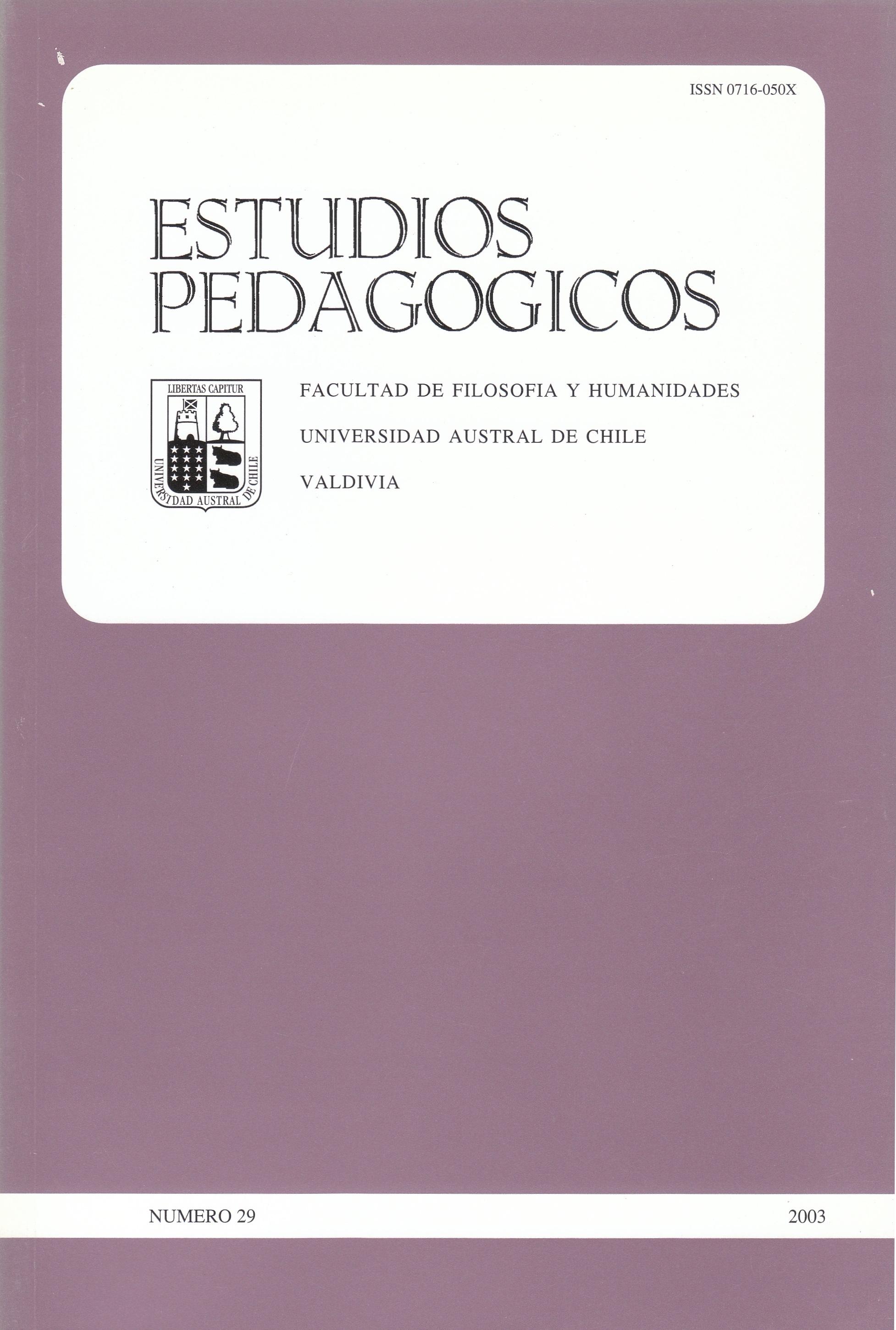Economic efficiency in MECE/RURAL schools from the view point of the data development analysis
Main Article Content
Abstract
The rural school is the most critical and unequal qualitative component of the Chilean educational system.
The objective of this investigation is to propose a non parametric methodology using the data development analysis (DEA), which is a tool that permits an approach to the economical efficiency for rural schools that took part on the quality improvement and educational equity program (MECE) in the XRegion, South of Chile.
An analysis methodology is proposed to identify the small resource schools that reached a superior efficiency level, taking them as a model to improve educational management. Therefore, the application of the DEA theory proves that there is an analysis methodology that provides a context of education politicy, and particularly, to conclude how they get involved into this exemplary challenge of change in the economic development.

